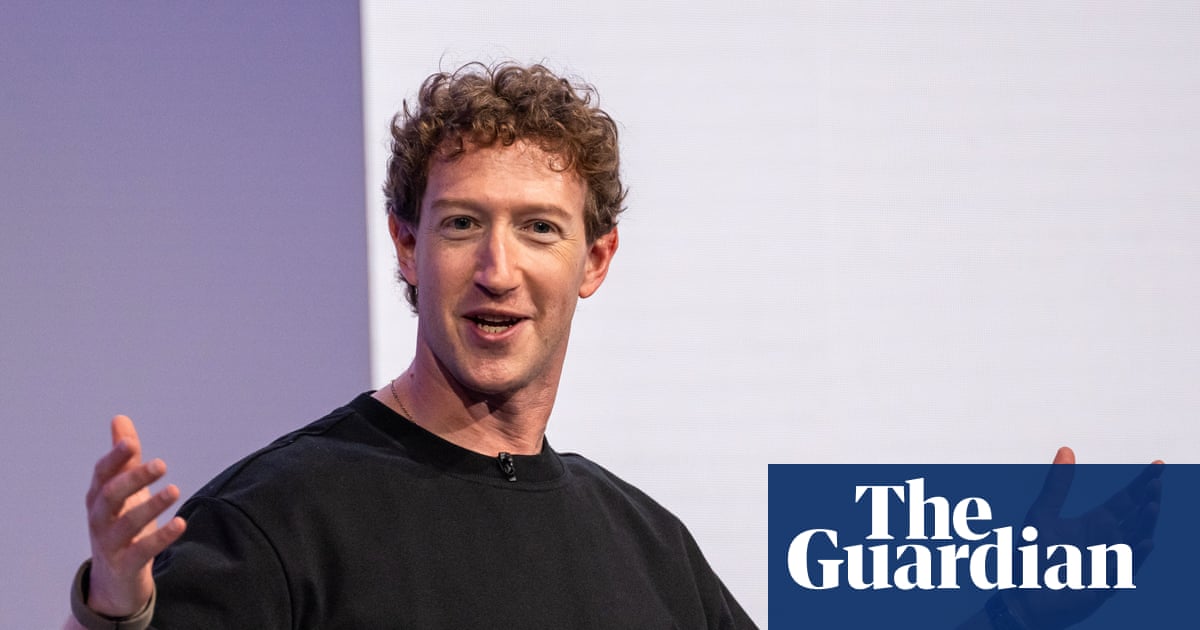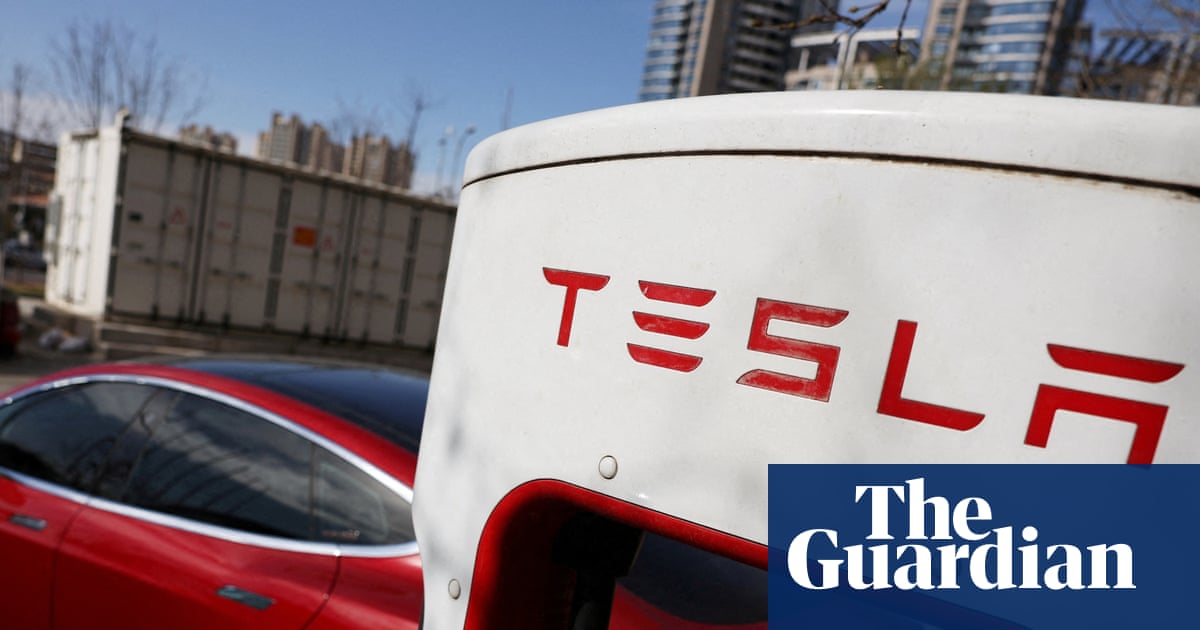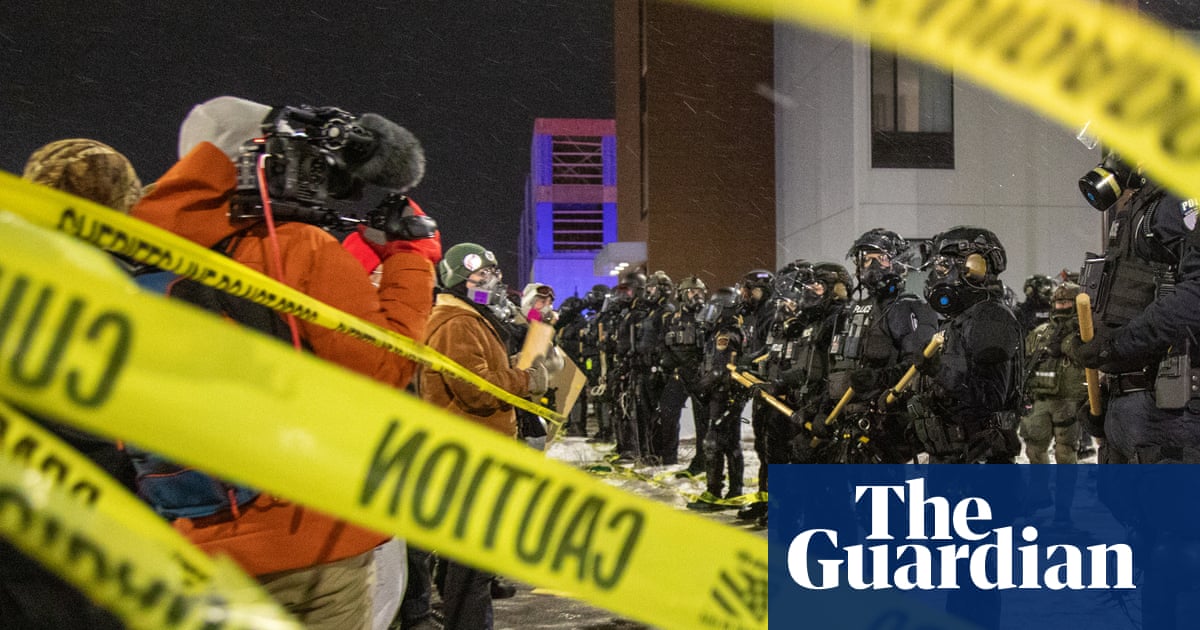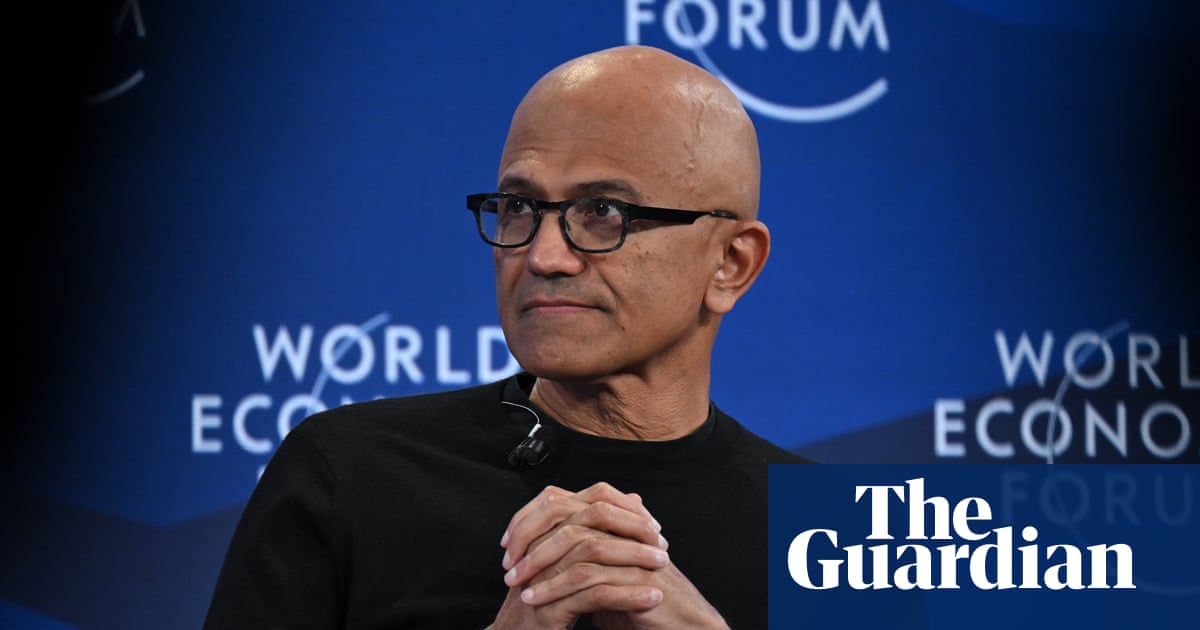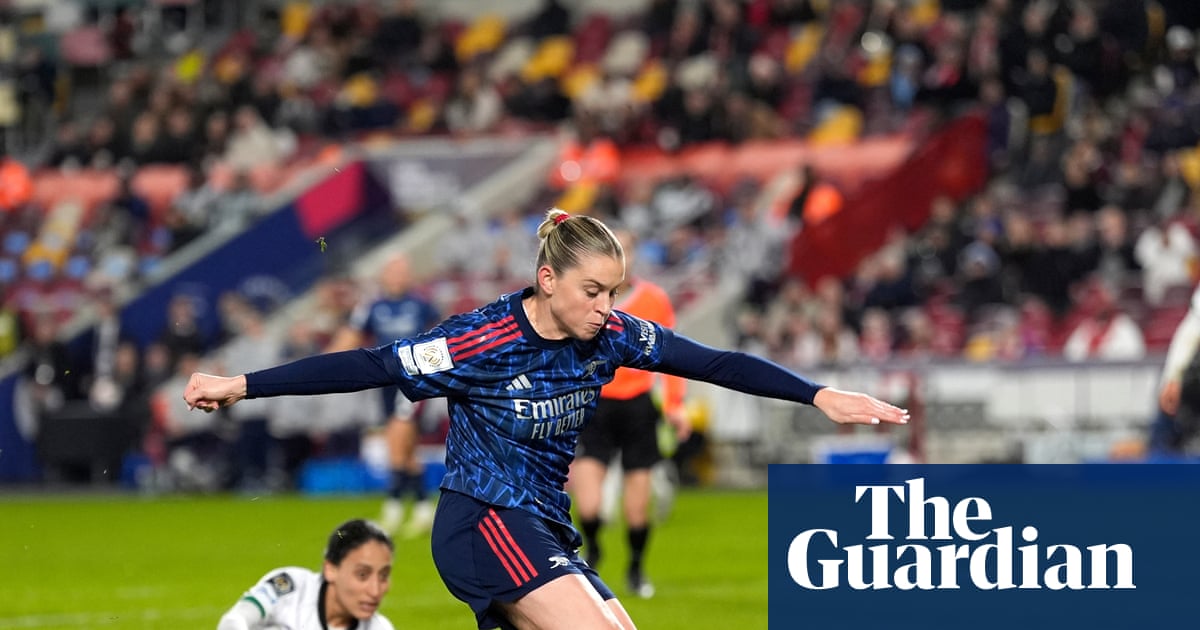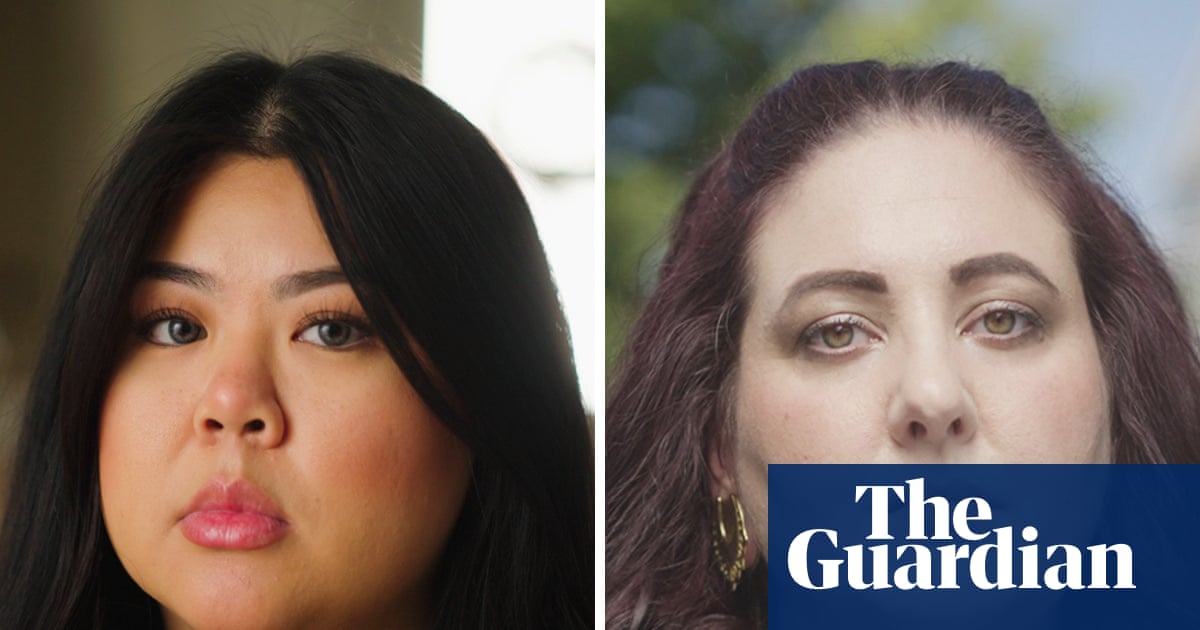The co-founder of Ben & Jerry’s has accused its owner of being part of a movement of “corporate butt kissing” of Donald Trump and says management blocked the ice-cream brand from producing a flavour in support of peace in Gaza.
Ben Cohen told the Guardian that Unilever was pursuing a “corporate attack on free speech” by blocking the development of a special flavour in solidarity with the Palestine people. It is understood the flavour had been approved by Ben & Jerry’s independent board and first mooted about a year ago.
Magnum, the group’s ice-cream arm, confirmed it had not gone ahead with the board’s suggestion for a Palestine product this summer.
Cohen has mounted a “Free Ben & Jerry’s” campaign to persuade Unilever to sell the brand to a group of socially minded investors who he says have pledged to allow it to continue its “social mission.”
With an increasingly authoritarian Trump in the White House, Cohen says now is the time that “companies and anyone who believes in justice, freedom and peace stands up. This is the moment when it is most needed for Ben & Jerry’s to be able to raise its voice.
“It seems like since Trump got elected anything that Trump is against, DEI, black history, protesters’ rights to free speech, all those things got censored.”
Previous Ben & Jerry’s flavours with an activist bent have included “Save Our Swirled” to highlight the need for action at the 2015 Paris climate meetings, “I Dough, I Dough” to celebrate the legalisation of same-sex marriage at a US federal level, and “Home Sweet Honeycomb” in support of resettling refugees in Europe.
Cohen’s criticisms are the latest blow in the acrimonious spat between the brand’s founders and owners. Unilever is planning to spin off the Magnum Ice Cream Company into a separate business, which it hopes to list in Amsterdam with secondary listings in London and New York.
Those plans were this week delayed because of the US government shutdown, although they could proceed by the end of the year. Unilever said remained confident of implementing its demerger plans this year.
Unilever and Magnum said Ben & Jerry’s was “not for sale”.
Magnum said: “The independent members of Ben & Jerry’s board are not, and have never been, responsible for the Ben & Jerry’s commercial strategy and execution.”
Referring to the proposed pro-Palestinian flavour, a spokesperson said: “Recommendations are considered by Ben & Jerry’s leadership, and management has determined it is not the right time to invest in developing this product.”
The company said Ben & Jerry’s was focused on “campaigns close to its communities” such as improved conditions in refugee accommodation in the UK and campaigning in defence of the first amendment and freedom of speech in the US.
Magnum added: “We remain committed to Ben & Jerry’s unique three-part mission – product, economic and social – and look forward to building on its success as an iconic, much-loved brand.”
Unilever, the British owner of consumer brands ranging from Dove soap to Hellmann’s mayonnaise, bought Ben & Jerry’s in 2000 for $326m, but agreed an unusual deal for the ice-cream brand to preserve an independent board with the ability to speak out on social justice issues.
after newsletter promotion
The founders argue that Unilever has reneged on that promise, particularly in relation to the humanitarian crisis in Gaza as the Israeli government destroyed much of the territory.
A spokesperson for Unilever said: “We have always sought to work constructively with the Ben & Jerry’s teams to make sure we stayed true to the original agreement around the progressive, non-partisan social mission.”
Ben & Jerry’s was founded in 1978 by Cohen and Jerry Greenfield after the friends took a $5 correspondence course in ice-cream making. They opened their first store in a renovated petrol station in Burlington, Vermont, with a mission to “advance human rights and dignity”.
Under Unilever, the pair have officially been unpaid employees with no formal role in the business beyond promoting its values. Cohen remains in that role, but Greenfield resigned from Ben & Jerry’s in September, saying it had lost its independence.
Cohen said Ben & Jerry’s was being blocked from “making ice-cream with purpose”, and pledged to create a Palestine solidarity flavour in his own kitchen.
Members of the public are being asked to name and help create the flavour in a two-week competition. He suggested it would be based on watermelon, itself a symbol of solidarity with the Palestinian people.
The ice-cream, which would be created as a small batch under his personal Ben’s Best brand, will not be for sale, but is intended to draw attention to the cause of “rebuilding, and peace and dignity for the people of the region”. He has previously used the Ben’s Best brand, first created in 2016 to back leftwing Vermont senator Bernie Sanders, to support a number of causes.
Ben & Jerry’s has clashed repeatedly with its parent company over Palestinian rights. It refused to sell ice-cream in territories occupied by Israel, took legal action against Unilever when it sold the brand’s Israeli division to a local operator. In May the brand called Israel’s actions in Gaza a genocide, a description used last month by a United Nations independent international commission of inquiry.

 3 months ago
45
3 months ago
45
